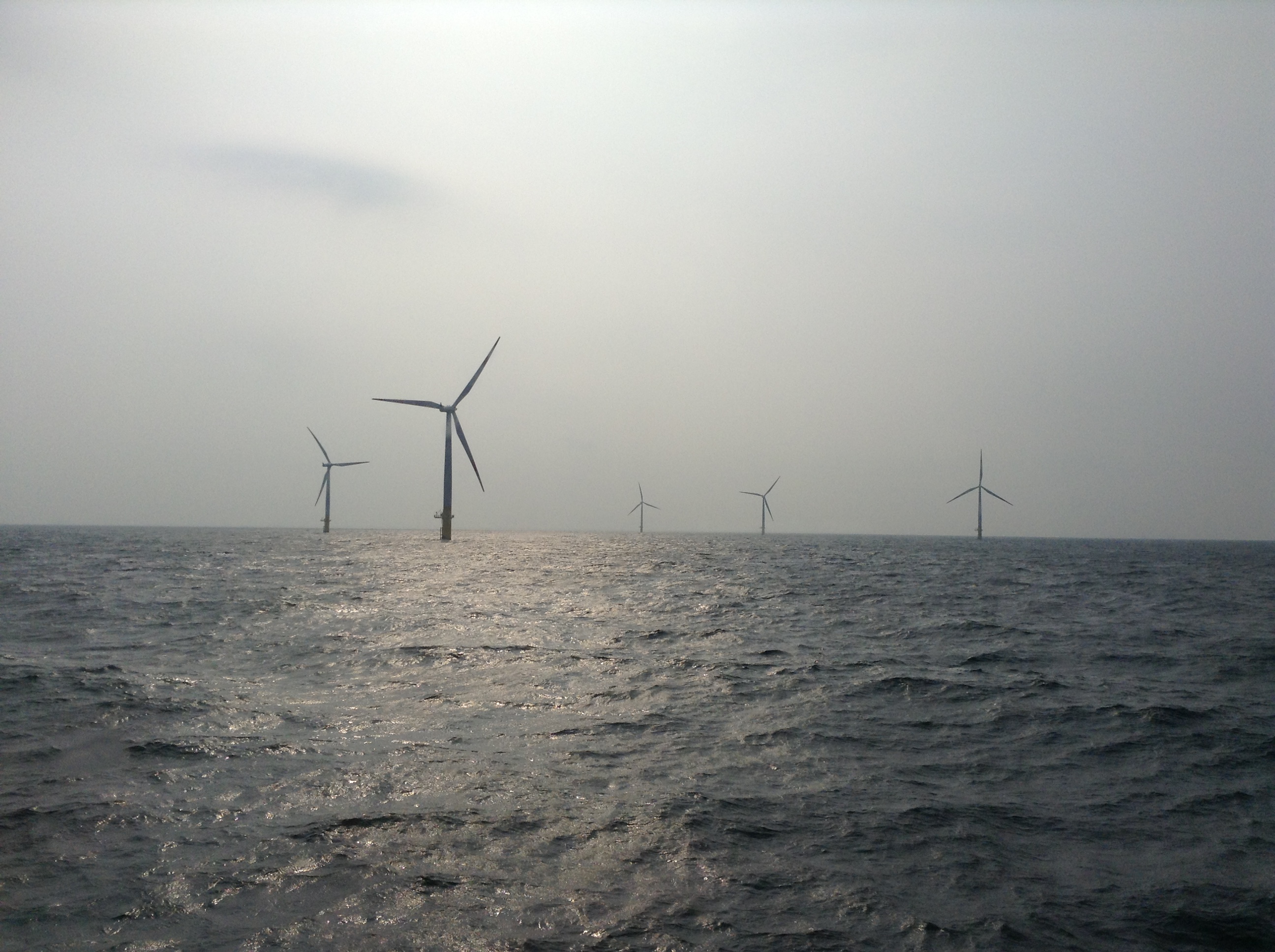Ørsted Cancels Divestment Of Power Distribution & Residential Customer Businesses Under Government Pressure
A day after Danish energy company Ørsted announced that the Danish Ministry of Finance had raised concerns with the company’s plans to divest its Danish power distribution and residential customer businesses, the company has announced that it has discontinued the structured divestment process.
Ørsted — 50% owned by the Danish Government — has been steadily casting off its dead weight and transitioning towards renewable energy over the last few years. The company’s move has involved everything from divesting itself of its oil and gas business in September 2017, doubling down on offshore wind investment and development, and even changing its name from DONG Energy in October 2017 to reflect its move away from fossil fuel towards renewable energy, and even getting in to the energy storage sector with its first battery storage project in April 2018.
Amidst all this was the announcement in June of 2018 that the company would enact a structured divestment of its Danish power distribution and residential customer businesses, a move intended to further streamline the company’s goals towards renewable energy development. Specifically, Ørsted determined that, while these businesses were well-run and have a high level of customer satisfaction, “they are not a sales channel supporting the company’s long-term international growth in renewables.”
More recently, Ørsted explained that the Danish power distribution and residential customer businesses “are expected to decrease in strategic and financial importance for the Group concurrently with Ørsted’s significant international growth within green energy.” Given that in 2017 the businesses only accounted for 5.6% of the company’s total operating profit, it was a common sense decision to cast off these businesses.
However, on Monday, the company announced that “To Ørsted’s surprise, the Danish Ministry of Finance has now informed Ørsted that there is no longer political support for continuing the structured divestment process.”
A group of possible buyers had already been narrowed down and met all the buyer criteria, and at the time of announcement the company stated that it was still their assessment “that it is in the best interest of the company, the shareholders and the customers that the ownership of the power distribution business, the residential customer business for power and gas and the city light business is transferred to another owner.”
They finished the announcement explaining that “Ørsted’s Board of Directors will now assess the situation and discuss the next steps.”
And assess they did, as only a day later the company announced that they would discontinue the divestment process citing that “there is no longer the required political support for continuing the ongoing structured divestment process.” Somewhat passive-aggressively, the company remained firm in their assessment of the situation, stating that “It is still the Board of Directors’ assessment that Ørsted is not the best long-term owner of the businesses in question, and that it is in the best interest of the company, the shareholders and the customers that they are transferred to another owner, enabling Ørsted to strengthen its strategic focus and ambition to create a global leader in green energy.”
As such, Ørsted will classify the Danish power distribution and residential customer businesses as ‘assets held for sale’ and will continue to investigate further options for exiting the businesses, “which ultimately also could entail a separation of the said businesses to Ørsted shareholders.”
I reached out to Ørsted but they declined to comment beyond what has already been published.
Photo by Zach Shahan, CleanTechnica
